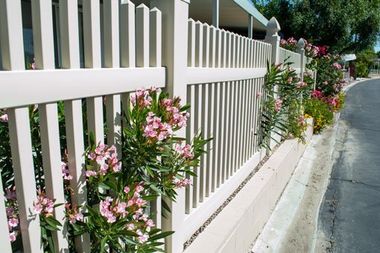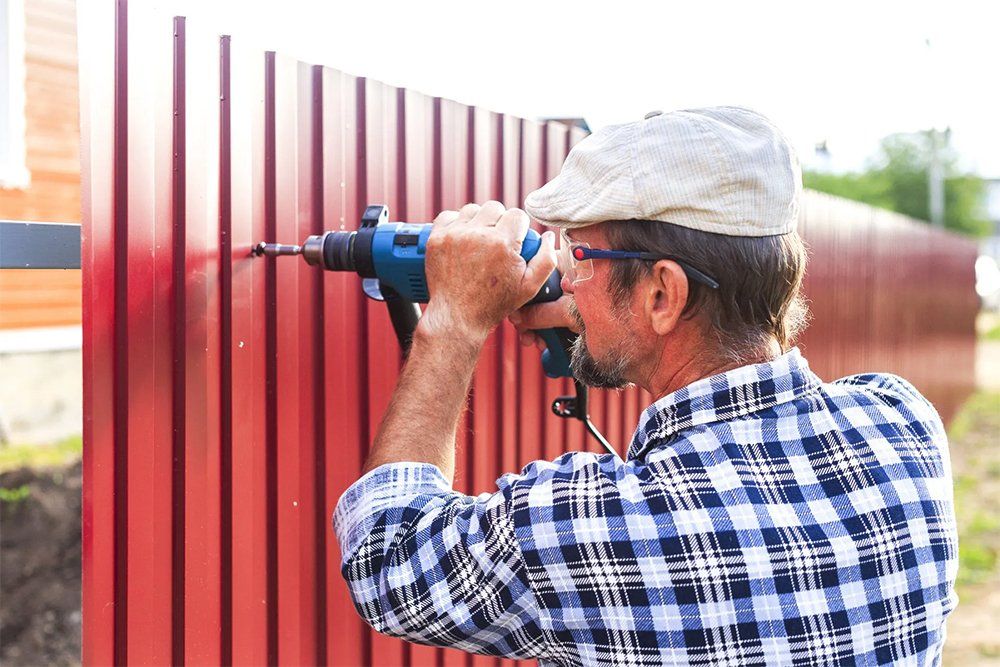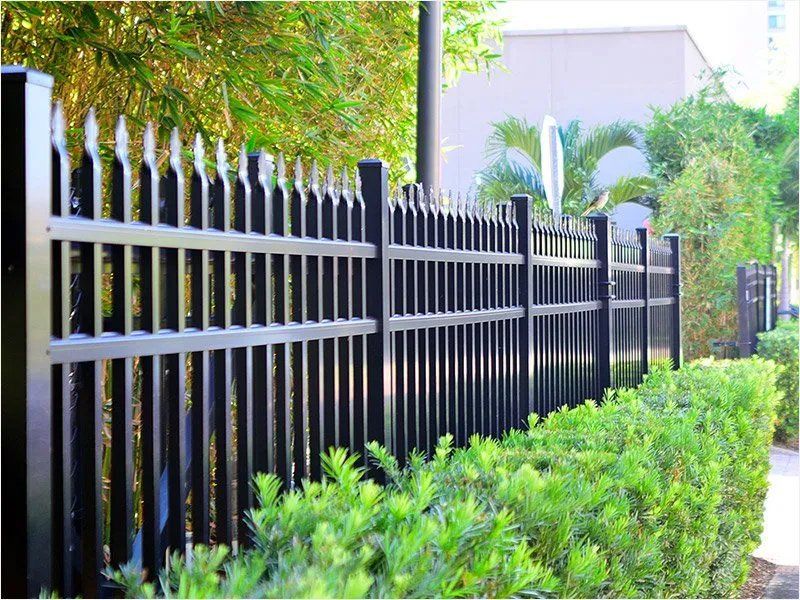Maintenance Tips for Your New Pvc Fence
West Georgia Fence • August 3, 2018
A fence is a great investment. Not only will it add privacy and security to your home, but it can also increase your home's overall appeal and value. Of course, certain fencing materials are more beneficial than others.
While it is a great deal more durable and easier to maintain than wood, PVC
(polyvinyl chloride) fencing still requires cleaning and maintenance to maintain its function and appeal. Here are a few tips to help you clean and maintain your new PVC fence.
Routine Clean
No matter how durable the PVC material is, your fence will get dirty over time. Grass clippings, dirt, mulch, pine straw, pollution, and various types of weather will affect the look of your PVC fence.
Thankfully, cleaning off slight dirt, dust, and discoloration does not require a lot of effort. In most cases, using your garden hose to rinse off the fence periodically will be sufficient.
A heavier accumulation of dirt, dust, or mud may require a more powerful cleaner. Use a cloth or non-abrasive sponge and a solution of laundry detergent and water to wash your fence. Then, rinse off any remaining dirt and soapy residue using your garden hose.
A solution containing water and baking soda can also be used to scrub away stubborn stains on your PVC fence.
Mold/Algae Removal
If you notice patches of green, brown, or black growth on the fence, you may have mold or algae growing. Removing this growth is imperative, since it will continue to grow, weakening the structural integrity of your new fence.
Bleach diluted in water is a common solution, since it is capable of killing mold and algae quickly. However, bleach can be too harsh to use on a fence that is surrounded by landscaping. To protect your lawn, flowers, trees, and shrubs, consider a natural solution containing vinegar and water.
Combine equal parts of white vinegar with water in a spray bottle and douse the solution onto patches of mold or algae. Recent studies have shown white vinegar is capable of killing 82 percent of mold spores, so it is a great option for removing mold and algae from your fence without harming your landscaping.
Miscellaneous Maintenance
Your PVC fence will stand the test of time, but that does not mean it will not change over the years.
PVC can expand and contract in different types of weather, so you may notice some changes as the temperatures fluctuate. For example, PVC can become a bit brittle in extremely cold weather. This will make your fence more susceptible to damage.
During the winter season, make sure to protect the fence from snow, ice, and tree branches that may fall. Shovel snow off the fence as soon as possible and trim any trees that are hanging over your fence.
As the PVC expands and contracts over time, check the gate to ensure it lines up with the rest of the fence. You may need to adjust the gate hinges at some point in time.
If any sections of your fence feel wobbly due to the freezing/thawing of the ground, backfill the posthole with gravel, soil, and concrete to make it more secure. Or contact your contractor for help reestablishing posts.
PVC does not rust, but the metal connectors used to install the fence panels are susceptible to rust and corrosion over time. Inspect the connections periodically for signs of distress. If they appear rusty or are loose, consider replacing them.
Finally, use caution when mowing your lawn and landscaping near your fence. Mowing too close to the fence is risky, so most people use a weed eater to cut grass around their fence. This is also not recommended, since the string and blades of a weed eater can damage the PVC material.
For the safest removal of grass around your fence, consider installing post guards and using extreme caution when weed eating around the fence. Removing all vegetation from the ground where your fence is located is also an option.
For help with your fencing project, whether it be the initial installation, maintenance, or repairs, contact West Georgia Fence today.











